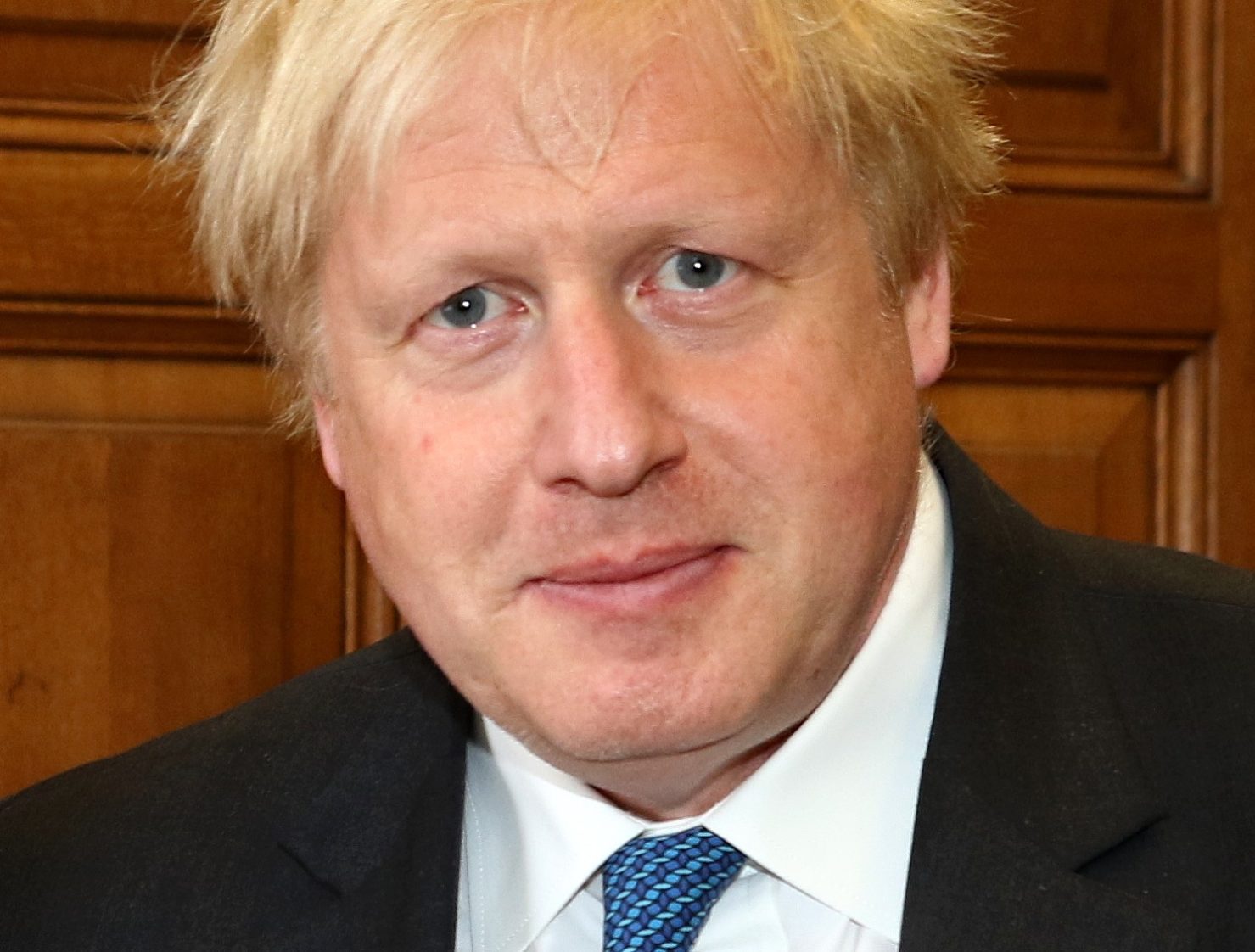UPDATED: Boris Johnson will gift small businesses £1,000 each and will cut business rates if the Conservatives win the general election.
Prime minister Boris Johnson will address the annual Confederation of British Industry (CBI) conference today as he tries to repair the Conservatives’ relationship with business, following his notorious “f**ck business” remark back in 2018.
Small business support is crucial to both Labour and the Conservatives. According to the Federation of Small Businesses (FSB), a typical constituency has 25,000 people working in a small business, around 7,000 of whom are self-employed.
The prime minister will pledge small firms a £1,000 tax break by lifting to £4,000 the employment allowance they can claim against national insurance contributions.
>See also: Business rates reform key, says Labour business chairman Rachel Reeves
“This will amount to almost half a billion-pound tax cut for small business,” said a Conservative Party statement.
Boris Johnson will also promise an immediate “fundamental review” of business rates – the property-based tax paid by companies that many businesses have complained about over the past two years – leading to a reduction of its “overall burden” on firms and employers.
Companies, notably retailers on struggling high streets have protested about rising business rates that generate a total of about £20bn in tax receipts each year.
Small businesses have welcomed the prime minister’s double pledge.
Mike Cherry, national chairman of the FSB, said: “Cutting the jobs tax is a strong, pro-small business move, as it will help half a million small firms rage wages and keep more people at work. FSB has consistently championed raising the Employment Allowance.
>See also: Small Business Minister Kelly Tolhurst – ‘Tech is key to solving productivity’
“A pledge to finally cut the burden of business rates is welcome – action on business rates has long been a priority of FSB’s small business members. This fundamental review should remove small businesses from the burden of an outdated, regressive tax that charges small firms before they make £1 in turnover, let alone £1 in profit. Switching assistance to prioritise upfront costs would make the UK a better place to start-up and run a business.”
However, there is not much detail or a timetable as to when this business rates review would take place. Conservative campaign headquarters said the business rates review would be included in the first Budget and that ministers would “consult widely”.
Johnson is also planning to increase the research and development tax credit from 12pc to 13pc and see if it can embrace investments in cloud computing and data technology.
The prime minister will add that the delivery of Brexit under a Conservative government would allow businesses to “focus on what you do best – spurring innovation, creating jobs, stimulating growth”.
“Let’s not beat around the bush,” he will tell the CBI. “Big business didn’t’ want Brexit. You made this clear in 2017 and this body said it louder than any other.”
Green apprenticeship levy
Meanwhile, Labour leader Jeremy Corbyn will tell the CBI conference that he will revamp the £700m apprenticeship levy, creating 80,000 new apprentice engineers and technicians in renewable energy and transport, among other things.
This will be funded by taking 25pc of the funds that employers set aside under the apprenticeship levy, topped up with money taken from company dividends paid into Labour’s proposed inclusive ownership funds.
Labour plans to make companies that employ over 250 people divest 10 per cent of shares to employees, who in turn will hand over their shares to government-run funds.
The thrust of Labour’s overall economic plans is a “Green New Deal” where every government intervention aims to de-carbonise the economy.
However, Dame Carolyn Fairburn, the CBI’s director-general, said that some of Labour’s policies, including a pledge to nationalise the bulk of Britain’s broadband network, threatened to “crack the foundations of our economy”.
Good Business Charter
Small business complaints that big companies deliberately pay them late will also be addressed at today’s CBI conference.
Addressing the conference, Jeremy Corbyn said: “Small businesses will see late payments tackled, whether those late payers are larger companies or government.”
Meanwhile, The Good Business Charter, a new accreditation scheme which commits companies to prompt payment of suppliers, as well as treating staff, customers and the environment better, will be unveiled today.
The charter will offer low-cost accreditation to companies based on 10 criteria agreed by the lobby group and the Trades Union Congress, which will both sit on the board of the not-for-profit organisation. To win accreditation, businesses must pay the living wage and agree to give workers a vote in the boardroom.
Businesses will also have to agree not to engage in tax avoidance and demonstrate efforts to reduce their environmental impact.
The team behind the Good Business Charter, which include hi-fi entrepreneur Julian Richer and former Reach chief executive Simon Fox, hope that that government will make accreditation a condition of bidding for public sector contracts.
Further reading
Labour small business minister: ‘Boris just says whatever pops into his head’





